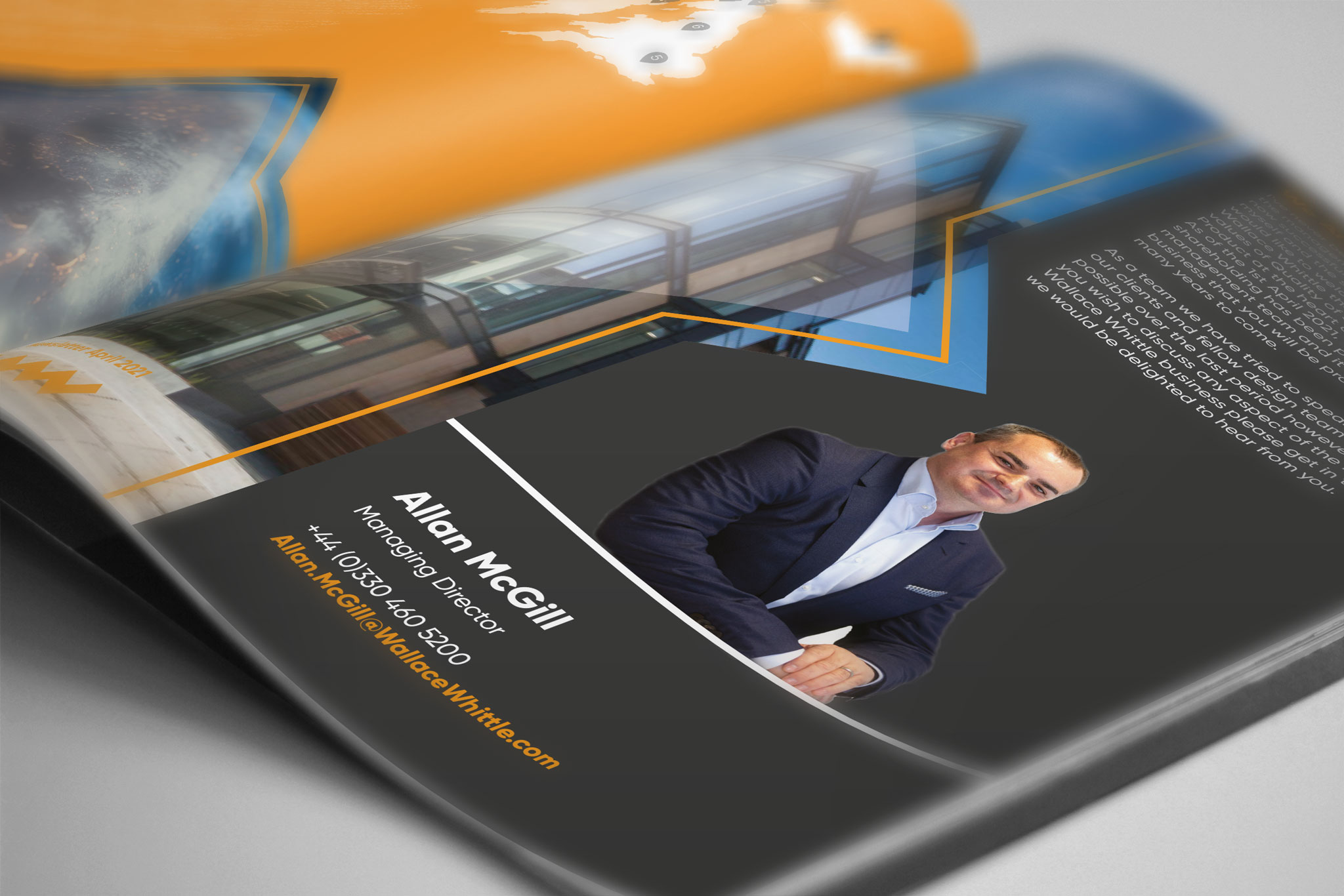Technical Leadership: Wellness
Technical Leadership: Wellness
"We spend 90% of our time indoors - we evolved outdoors."
Research indicates that indoor environments designed with specific health and wellbeing measures can increase productivity and reduce absenteeism. We are committed to buildings designed for both people and the planet.
The WELL Building Standard provides an assessment methodology focussed on the health & wellbeing of building occupants. Based on a thorough review of research, and further advanced through the contribution of scientific, practitioner and medical expertise, it consists of 108 performance metrics, design strategies, and policies that can be implemented by the owners, designers, engineers, contractors, as well as users and operators of a building.
The WELL Building Standard is organised into ten concepts, which include: air, water, nourishment, light, movement, thermal comfort, sound, materials, mind, and community. WELL v2 is the most rigorously tested and vetted version of the WELL Building Standard (WELL) to date, making it thepremier framework for advancing health and well-being around the world.
The WELL Accredited Professional is a credential that denotes expertise in the WELL Building Standard. Our in-house WELL Accredited Professionals can work with key stakeholders from project conception to completion. They have worked on some of the first projects in the UK to pursue WELL certification and are committed to driving the health and wellbeing agenda throughout the industry. We can prepare a gap analysis on any design or building prior to pursuing formal accreditation to allow clients to make informed decision.
Senior Electrical Engineer, Belfast
Job Description
Job Title: Senior Electrical Engineer
Directly reports to: Associate / Director
No of Direct Reports: 0
Location: Belfast
Position Summary:
To support the management team in producing robust design solutions including drawing and written deliverables with minimal supervision.
Responsibilities and authority:
- Produce Electrical Design drawings, calculations (Amtech, Hevacomp, IES, Relux, Dialux), reports, specifications and schedules
- Contribute to BREEAM or equivalent legislation
- Contribute to Building Regulations Part F/ Part L / Section 6 compliance modelling
- Witness test the proving and commissioning procedures of final installations
- Assist the development of trainee engineers
- Work to internal and external project programs effectively
- Work to company Quality Assurance management systems
- Support Senior/ Associate Engineers and Management
Education and Experience:
- Engineering degree preferred. Minimum Engineering HNC/D or equivalent qualification.
Specific skills, knowledge, competencies and training
Essential:
- Competent in AutoCad and knowledge of Revit
- Communicate effectively with internal and external design team members
- Undertake non-intrusive surveys of existing installations
- Undertake main plant area spatial allowance exercises
- Ensure industry knowledge is kept up to date with new legislation, standards and regulations, product development and new technology
- Attend and contribute to design team and project meetings
- Collaborate and work effectively with all others affecting or affected by your work
- Carry out all personal management duties including weekly timesheets
- Comply with all security procedures and commercial in-confidence restrictions associated with work duties
Desirable:
- Chartered or studying towards Chartership and maintain CPD requirements
- Quality checking/review of trainee staff work and equivalent grade engineers
- Liaise with lead and/or support engineers to ensure that discipline designs are completed to expected quality and programme
Wallace Whittle Carbon Commitment!
We Are Decarbonising!
Background:
The crisis of climate breakdown and biodiversity loss are two of the most serious issues of our time. Buildings and construction play a major part, accounting for nearly 40% of energy-related carbon dioxide (CO2) emissions whilst also having a significant impact on our natural habitats.
For everyone working for the built environment, meeting the needs of our society without depleting the world’s resource demands a paradigm shift in our behaviour. Together with our clients, we will need to design, build and maintain buildings, cities and infrastructures as indivisible components of a larger, constantly regenerating and self-sustaining system in balance with the natural world.
Wallace Whittle's Commitment:
Creating sustainable environments is crucial to our approach as a business. We know that we can only fulfill our purpose as designers if we can deliver sustainable and environmentally-conscious buildings that support the wellbeing of all its occupants. This has always been our approach to design, however, we need to do more.
WW are now committed to becoming a net zero carbon business by 2030. This commitment requires us to achieve science-based targets over the next decade in line with what climate science says is necessary. We also believe we have the responsibility to drive change in our industry and, by doing so, we recognize the crucial role WW can play in minimizing the risk climate change poses to the future of our planet.
WW aims to address this commitment from two perspectives:
- Its own operations
- Its influence on the built environment
More specifically, we have outlined the following objectives to meet this commitment:
- WW will monitor and reduce the carbon emissions and water consumption associated with our business operations. Our performance will be disclosed on an annual basis and any residual carbon emission will be offset through approved and verified offset schemes.
- WW will raise awareness of the climate and biodiversity emergencies and the urgent need for action amongst our clients, collaborators and supply chains.
- WW will evaluate all new projects against current net zero carbon guidance and encourage our clients to adopt this approach.
- WW will promote the upgrade of existing buildings, plant and equipment for extended use as alternative to new build and replacement, whenever there is a viable choice.
- WW will promote climate and biodiversity mitigation principles as a key measure of our industry’s success: demonstrated through awards, prizes and listings.
- WW will share its knowledge and research to industry peers through regular conferences and seminars.
- WW will encourage life cycle costing, whole life carbon modelling and post occupancy evaluation as part of the basic scope of work, to reduce both embodied and operational resource use.
- WW will adopt more regenerative design principles in practice, with the aim of providing building services engineering design that achieves the standard of net zero carbon.
- WW will collaborate with clients, architects, engineers, and contractors to further reduce construction waste.
- WW will minimise wasteful use of resources in our building services engineering design, both in quantum and in detail.




